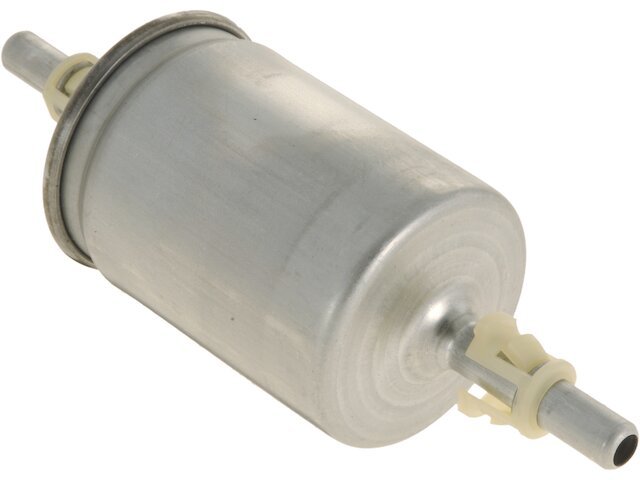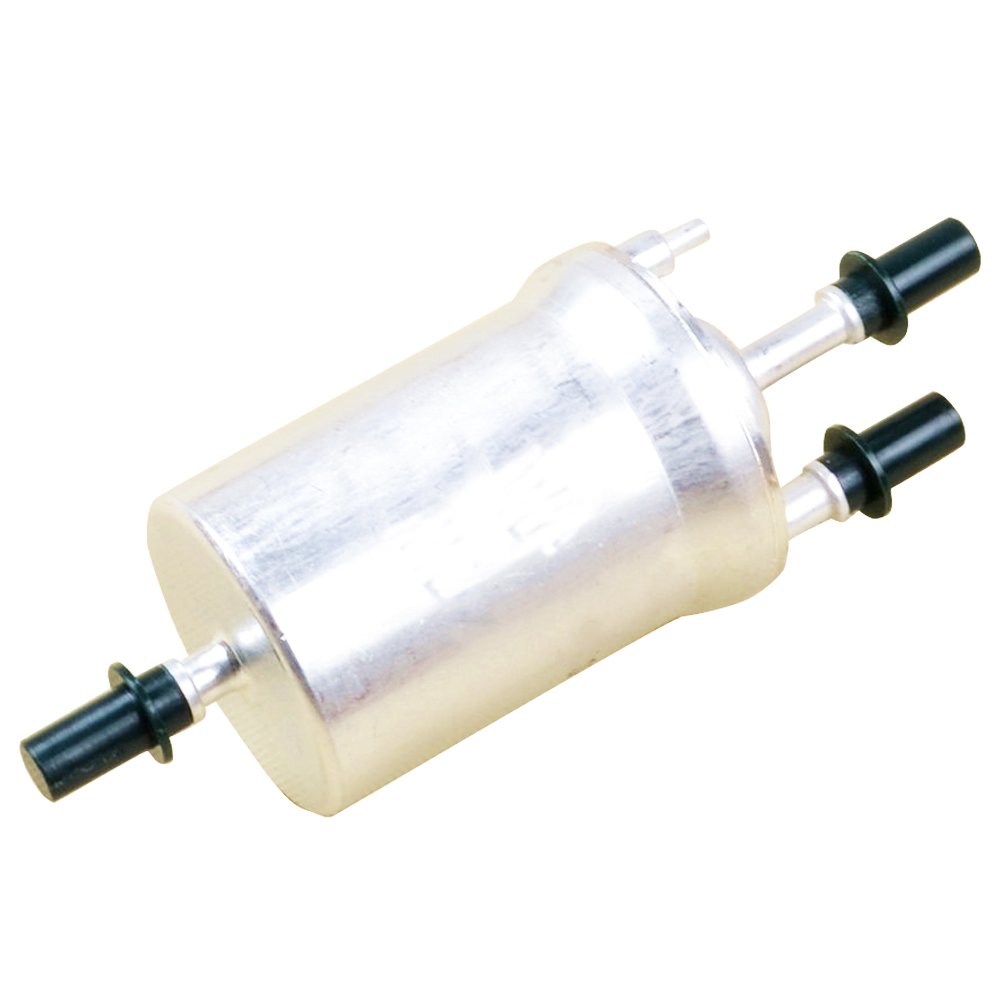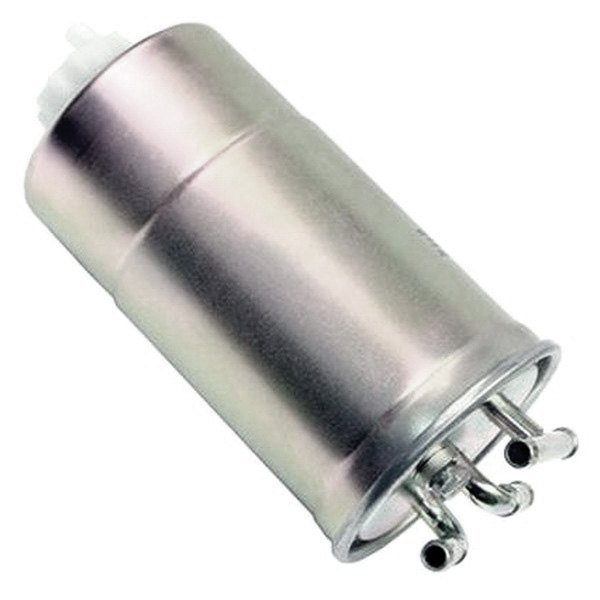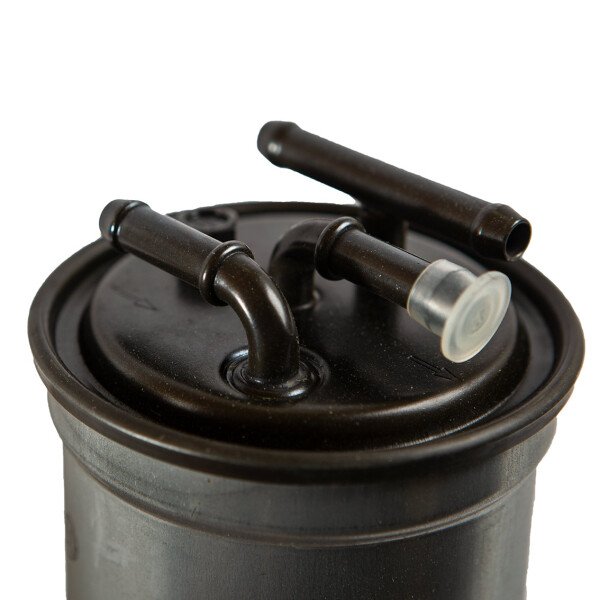Cart is empty!
Please add some product!
Shopping cart
Cart is empty!
Please add some product!

When it comes to maintaining your vehicle, one of the most essential yet often overlooked components is the fuel filter. This critical part of your car’s fuel system plays a vital role in keeping your engine running smoothly. Without a high-quality filter, contaminants such as dirt, rust, and debris can enter the fuel, leading to poor engine performance, decreased fuel efficiency, and expensive repairs.
In this guide, we’ll explore the benefits of a premium-grade fuel filter, why it’s essential for your vehicle’s health, and how it ensures the longevity of your engine.
A fuel filter is designed to trap contaminants before they reach your engine. Every time you start your vehicle, fuel flows through the filter, which prevents debris from entering the fuel injectors, pump, and other key components. Without a proper filter, these contaminants can accumulate, leading to engine damage and decreased performance.
A top-quality filter ensures that your engine receives clean fuel, allowing it to run at optimal levels. However, over time, even the best filters can become clogged, making regular replacements necessary to maintain your vehicle’s performance.

This premium fuel filter is specifically engineered for Volkswagen vehicles. It ensures high-efficiency filtration, capturing even the smallest particles, which can severely impact engine performance if left unchecked. Precision manufacturing guarantees a perfect fit for your car, enabling smooth fuel flow and reliable performance.
When discussing premium fuel filters, we’re referring to products that exceed basic performance standards. These filters are built using advanced materials and technologies to capture even the smallest contaminants—those less than 10 microns in size—effectively.
This fuel filter provides numerous advantages, making it a top choice for those looking to keep their Volkswagen running smoothly.
This filter is designed to handle the demands of daily driving. Whether you’re commuting or embarking on long journeys, you can rely on it for up to 5,000 miles, depending on your driving habits.
By ensuring your fuel is free of impurities, this filter allows your engine to operate at peak efficiency. You’ll experience better acceleration, improved fuel economy, and fewer instances of engine misfire.
One of the standout features of this product is its compatibility with a wide range of Volkswagen vehicles. As an OEM part, it’s designed to fit perfectly and work seamlessly with your car, ensuring optimal performance.

Maintaining a clean fuel system is crucial for a healthy engine. Over time, particles such as dirt and debris can accumulate in your fuel tank. If these contaminants are not filtered out, they can cause serious damage to your engine, leading to costly repairs.
This fuel filter prevents this by trapping harmful particles before they reach the engine. This minimizes wear on critical engine components, such as the fuel injectors and pump, ultimately helping to extend the life of your vehicle.
Like any other filter, this premium product will eventually become clogged and need to be replaced. Here are some signs that it’s time for a replacement:
This high-quality fuel filter is manufactured in Zhejiang, China, a region known for producing top-tier automotive parts. In recent years, Chinese manufacturing has evolved significantly, with many manufacturers adhering to strict international standards.
This particular filter is produced under ISO/TS 16949:2009 certification, ensuring it meets high-quality standards for automotive parts. This certification guarantees that the product is durable, reliable, and safe for your vehicle.

Keeping your fuel filter in good condition is essential for maintaining your vehicle. Here are a few maintenance tips:
It’s recommended to replace your fuel filter every 20,000 to 150,000 miles, depending on your driving conditions and vehicle type.
Yes, a clogged filter can restrict fuel flow to the engine, resulting in poor performance and potentially causing engine damage.
This filter is compatible with a wide range of Volkswagen models. Always refer to your vehicle’s manual to confirm compatibility.
Comments are closed